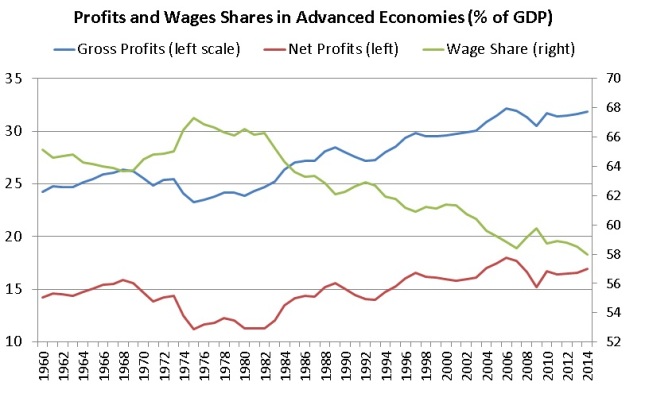I thought I would reblog this. Partly because I haven’t had a chance to write much recently and it gives me an opportunity to keep things ticking over, partly because it seems like something worth highlighting (although given my readership, this may not help much), and partly because I’ve written about the REF (and been quite critical) and this type of activity is one of the things that I expected to happen and illustrates the issues – in my opinion – with this type of assessment process. I particularly like, and agree with, this comment in the post Whatever this charade is, it is not a framework for research excellence and so I recommend giving this a good read.
Two days ago an open letter from Professor Paolo Palladino, former Head of the History Department at Lancaster University, appeared on the university’s internal History Staff list serve, with copies sent to senior administrators in the Faculty of Arts and Social Sciences (FASS) and Central Administration. I responded the next day with a post supporting Professor Palladino’s position, sent to the same recipients. With Paolo’s permission, I am reproducing both of our letters here. We both believe that the issues raised by Lancaster’s selective culling of research-active staff from submission in the 2014 REF–a practice in which it is not alone among British universities–deserve the widest possible public debate. We would therefore urge anyone who shares our concerns to share this post through social media.
View original post 1,060 more words
